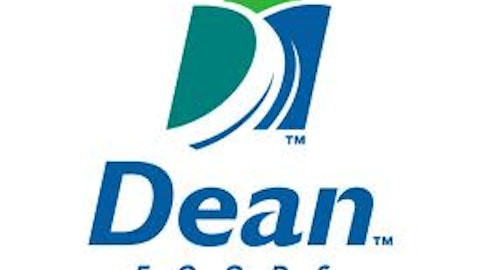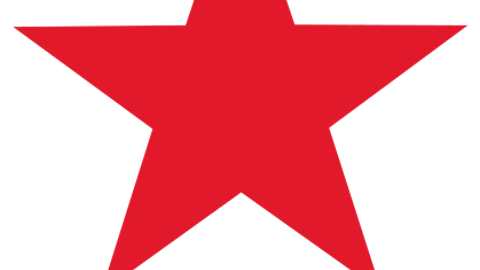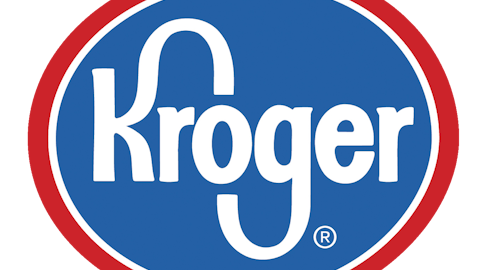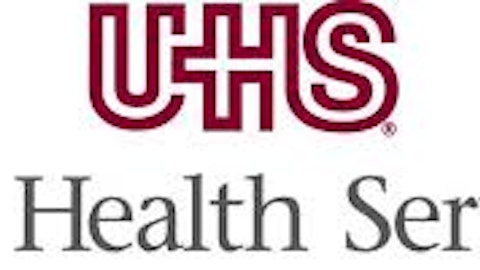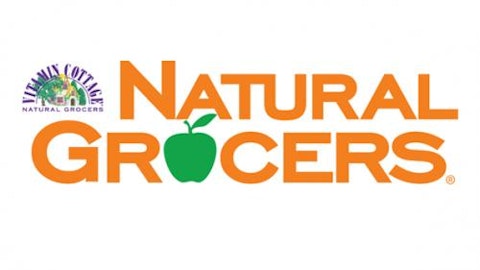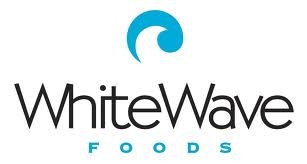
Which is precisely why The WhiteWave Foods Co (NYSE:WWAV) probably chose to list it as an ingredient on a number of its milk and yogurt products. The dairy company’s Silk Pure Coconut milk called it “all natural evaporated cane juice” while its Horizon Organic milk called it “organic evaporated cane juice.” The FDA, however, says they’re both just sugar, and WhiteWave was slapped with a class action lawsuit over deceptive advertising practices.
A rose by any other name would smell just as sweet, but the regulatory agency issued guidelines for the industry in 2009 to tamp down the use of the ECJ phrase. It noted: “the term ‘evaporated cane juice’ has started to appear as an ingredient on food labels, most commonly to declare the presence of sweeteners derived from sugar cane syrup. However, FDA’s current policy is that sweeteners derived from sugar cane syrup should not be declared as ‘evaporated cane juice’ because that term falsely suggests that the sweeteners are juice.”
Moreover, there’s no existing sweetener that commonly uses that phrase, and foods are required to go by their common names. The WhiteWave Foods Co (NYSE:WWAV) could prbobaly use ECJ in its advertising if it so chose — sort of like those personal-care products that make up a name for some ingredient to have it sound medicinal or even exotic — but it would have to list in the ingredients section what the item really is. In this case, sugar.
Naturally, The WhiteWave Foods Co (NYSE:WWAV) said it did nothing wrong, and while it didn’t admit any liability, it agreed to change the label on its packaging. It could cost the company as much as $800,000 when all is said and done.
Yet The WhiteWave Foods Co (NYSE:WWAV) isn’t alone. Chobani, the Greek yogurt maker , Kellogg Company (NYSE:K)‘s Kashi brand, and Trader Joe’s have all been hit with similar lawsuits. It’s part of a trend trial lawyers have initiated of targeting health food companies, particularly those that use such ephemeral phrases like “all natural” and “no sugar added.”
Whole Foods Market, Inc. (NASDAQ:WFM) got hit with a suit over the former because its “natural” private-label soda contained caramel flavoring, citric acid, and carbon dioxide. The FDA hasn’t yet defined terms like “natural,” so all it takes is one lawyer pushing his grocery cart down the supermarket aisle to find a list of possible deep-pocket defendants. Typically, they contend that “natural” labeling is misleading, especially when the products contain citric acid or high-fructose corn syrup, or have undergone some sort of processing to get them deemed “synthetic” by the sue-happy set.
Yet that wasn’t the case with The WhiteWave Foods Co (NYSE:WWAV), which tried to mask the fact that it contained something it didn’t — or didn’t have something it did — contrary to specific FDA guidance.
Sugar has become a profitable addiction in the U.S., but when you’re a dairy producer touting the healthy benefits of your products, labeling your ingredients honestly is always the best policy.
The article No Sugar High for WhiteWave Foods originally appeared on Fool.com and is written by Rich Duprey.
Fool contributor Rich Duprey owns shares of WhiteWave Foods. The Motley Fool recommends Whole Foods Market and owns shares of WhiteWave Foods and Whole Foods Market.
Copyright © 1995 – 2013 The Motley Fool, LLC. All rights reserved. The Motley Fool has a disclosure policy.
